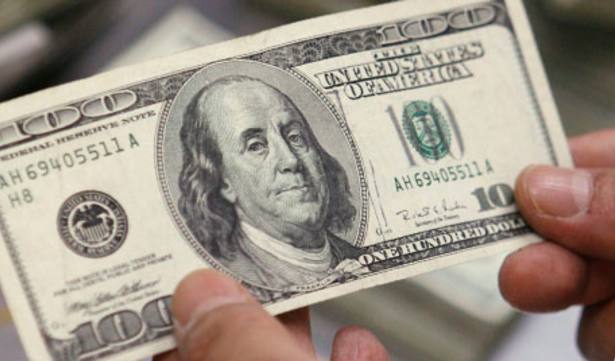
Donald Trump and Hillary Clinton had differing views on many areas of policy but healthcare was one of the issues on which they diverged the most.
Mrs Clinton was vocal in her plans to bring healthcare and pharmaceutical costs under government control. A tweet during her election campaign in which she said she would tackle high drug prices caused healthcare, and pharmaceutical stocks in particular, to fall dramatically.
Meanwhile, Mr Trump was insistent he would repeal the Affordable Care Act (ACA), known as Obamacare, should he become president.
Whatever the outcome then on November 8, there was a lot at stake for companies in the healthcare and biotech sectors.
Geoffrey Hsu, general partner at OrbiMed Advisors, explains: “Investors feared a Clinton presidency would lead to government policies impairing the industry’s ability to maintain drug pricing in the US. Negative media headlines highlighting aggressive drug price increases by specific companies (such as Mylan and Valeant) as well as campaign rhetoric from Ms Clinton and Democrat Bernie Sanders assailing high prescription drug prices contributed to negative investor sentiment towards the industry.
“The surprise outcome of the election on November 8 has largely lifted that overhang on biotech. The Republican sweep significantly diminishes the likelihood of any major drug pricing legislation in the US.”
He points to a strong rebound in the biotech sector after the results, with the Nasdaq Biotechnology index posting a 9 per cent gain on November 9.
President-elect Mr Trump has also promised to lower corporate taxes, which would provide an additional boost to healthcare as M&A activity would be a likely beneficiary.
Mr Hsu notes: “This should increase the cash available for companies to make acquisitions in the US, a positive for potential M&A targets in the small and mid-cap biotech space.”
Daniel Mahony, fund manager, healthcare, at Polar Capital, agrees it may be the catalyst for further consolidation and for large companies to buy up innovation.
On Mr Trump’s campaign website, it states: “On day one of the Trump Administration, we will ask Congress to immediately deliver a full repeal of Obamacare.”
But since winning the election and following a meeting with outgoing president Barack Obama, Mr Trump has pulled back on his pledge. Instead, he seems to suggest there are parts of Obamacare that will remain in place, although as with many of Mr Trump’s policies there are more uncertainties than certainties.
Mr Mahony believes: “This will definitely be on the political agenda early next year – the big question is how they go about doing it. Republicans want to eliminate the individual and small business mandate that forces people to buy health insurance. They have also talked about repealing some of the taxes that were included in the original ACA bill.”
He acknowledges: “Politically, it will be difficult to simply take health insurance away from the ‘working poor’ – that is people on low incomes but who are above the poverty line. It seems highly likely the Republicans will use the private sector to help deliver on this plan.”






